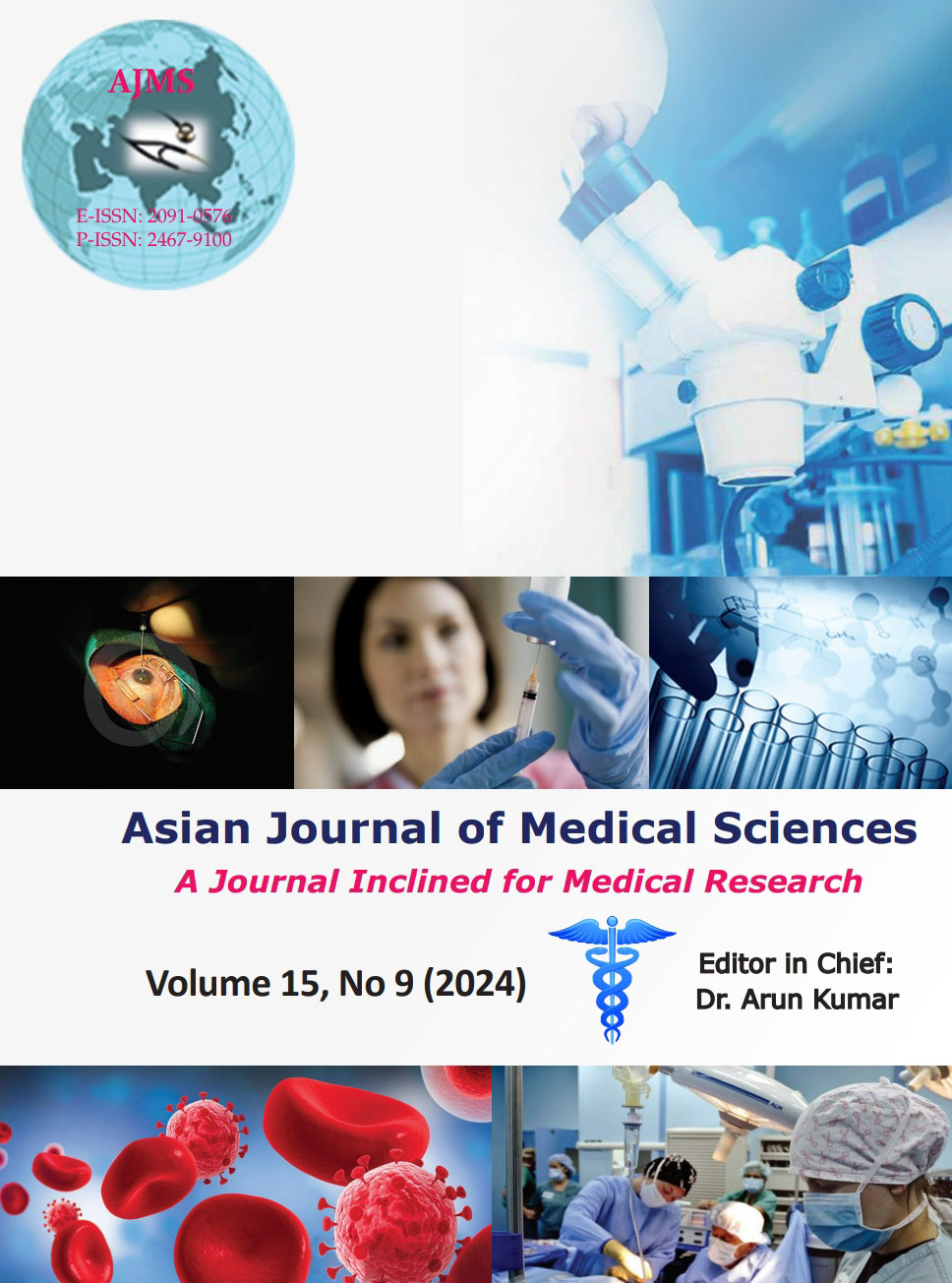Study on extrahepatic manifestations in patients with hepatitis A in a tertiary care hospital
Keywords:
Extrahepatic manifestations; Hepatitis A; Liver function testAbstract
Background: Hepatitis A is a common self-limiting infection of the liver. In recent times, there is a change in the pattern of hepatitis A infection producing extrahepatic manifestations.
Aims and Objective: Our aim of the study is to find the profile of extrahepatic manifestations of hepatitis A. The secondary objective is to find a correlation of liver function test values with extrahepatic manifestations.
Materials and Methods: A retrospective study was conducted over 3 years. 169 seropositive school-going cases were presented with signs and symptoms of hepatitis A and were clinically assessed.
Results: Among 169 immunoglobulin M (+)ve hepatitis A, 36% of patients (61 cases) presented with extrahepatic features. Among the 61 patients, 41 patients presented with aspartate transaminase (AST):alanine transaminase (ALT) >2:1 and 20 patients presented with AST:ALT <2:1.
Conclusion: In recent times, there has been a changing pattern in the presentation of hepatitis A producing extrahepatic manifestations in the pediatric age group.
Downloads
Downloads
Published
How to Cite
Issue
Section
License
Copyright (c) 2024 Asian Journal of Medical Sciences

This work is licensed under a Creative Commons Attribution-NonCommercial 4.0 International License.
Authors who publish with this journal agree to the following terms:
- The journal holds copyright and publishes the work under a Creative Commons CC-BY-NC license that permits use, distribution and reprduction in any medium, provided the original work is properly cited and is not used for commercial purposes. The journal should be recognised as the original publisher of this work.
- Authors are able to enter into separate, additional contractual arrangements for the non-exclusive distribution of the journal's published version of the work (e.g., post it to an institutional repository or publish it in a book), with an acknowledgement of its initial publication in this journal.
- Authors are permitted and encouraged to post their work online (e.g., in institutional repositories or on their website) prior to and during the submission process, as it can lead to productive exchanges, as well as earlier and greater citation of published work (See The Effect of Open Access).




